How to price a sustainable kitchen countertop?
As a professional cabinetmaker, I have often been asked how much a kitchen costs. There is no accurate answer of course, though when pressed, I would have to say somewhere between $18-30,000. The size of your kitchen, material choices and your taste in finishing makes it impossible to be more accurate.
Regrettably, most people find this wide range of prices to be of little help. Breaking it down by feature may make it easier, so the following is a list of sustainable green kitchen countertop options that may help you make informed decisions.
Here is a list of some of the more commonly available materials for green counters, a general price range and some of their characteristics. The costs we indicate below are in $CAD and reflect the fact that prices will vary by region, supplier and, of course, the size of your kitchen. If your kitchen is of a modest size, you will obviously fall on the lower range of all prices we list here.
| MATERIAL | PRICE RANGE | CHARACTERISTICS |
| Granite | $2500-$6000 |
Incredibly durable, resistant to heat, stains and general damage. Granite must be sealed periodically, and being a natural stone, colours will vary by region and quarry. Also beware "cheap" laminated granite counters - they are much more prone to cracking and staining with red wine or hot oils. |
| Quartz | $2500-$6000 | Similar in price and durability to granite, quartz is a manufactured product so there are more options than granite and colours are more even. It can often be more durable than granite. Quartz is about 95% stone and 5% resin, so there is a risk of slightly more off-gassing than granite. Another difference, granite is porous, quartz is not. Checkout the Cosentino ECO countertop here |
| Acrylic or 'Solid surfaces' | $2300-$6000 | Think Corian - although like 'Kleenex' this is simply a brand name. These surfaces look beautiful and last quite a while, but they do scratch easily. Prices can also vary significantly by colour. |
| Laminate | $600-$2500 | Laminate is not as popular as it used to be, but its affordability ensures it will always be around. It is very stain resistant, heat resistant, & can be installed by anyone handy. The cheapest materials purchased off the shelf will likely be loaded with VOCs. While non-toxic options are available, you will need to do some research & you will likely pay a small premium for a green laminate countertop - Formica being one. |
| Tile | $600-$1500 | This is probably one of the easiest for a DIYer to tackle. Prices and maintenance requirements vary according to tiles chosen, some are more durable than others and some will more easily show marks. As with any porous material, we recommend a food-safe sealer. |
| Butcher Block | $2500-$6000 | One of the easier DIY materials choices: wood is a renewable resource, and with a non-toxic finish this can be one of the healthiest and ecologically sensible choices. It's best to use a hardwood like maple for example, though any wood will show scratches and wear over time. These counters will periodically need to be re-sealed for protection; be sure to use a non-toxic food-safe oil. Beeswax is another nice natural option. |
| Concrete | $3000-$6000 |
Concrete $3000 - $6000 to have it done professionally, but only a few hundred dollars in materials if you do it yourself. Be forewarned, it is quite labour intensive and requires more than your average handy person skills. Because set concrete is non-toxic, how healthy it is depends on the sealing finish. |
| Stainless Steel | $700-$3000 | Another very durable surface which can come in and out of style, this has a bit of a commercial kitchen look. This can be another 'eco' choice if you like the look, but only if you are sure you'll keep it for a long time. Keep in mind that the shiny surface will not last, as they scratch very easily. Metal is 100% recyclable at the end of its life, and 100% non-toxic during its life. Price varies greatly by style. |
| Soapstone | $3000-$5000 | A beautiful natural surface, but being a relatively soft stone it can scratch easily. Finish it at first with a few coats of mineral oil, add more for colour consistancy over its life. Like many others, it's quite durable if you're okay with a few scratches from general use. |
No matter how ecologically responsible your material choice is, the 'greenest' kitchen stops being 'green' if it needs to be replaced in a few years simply due to style. For a kitchen that will last through one of the biggest challenges - fashion - think carefully about the kind of style you think you can handle for the longest time.
And some good news – although the most commonly available cabinetry materials can have a very detrimental effect on indoor air quality because they continue to off-gas chemicals for years after installation, greater demand for healthier building materials is making them far more competitive than even just a year ago when I first posted a piece on building a formaldehyde-free non-toxic green kitchen. Lets hope the trend continues.
Now you know about where to find healthy non toxic green kitchen and bathroom countertops. Learn more about green home building and how to create healthy indoor spaces, all in the Ecohome Building Guide as well as in the following pages:
Find out about the benefits of a free Ecohome Network Membership here for discount materials and free business promotion! |



















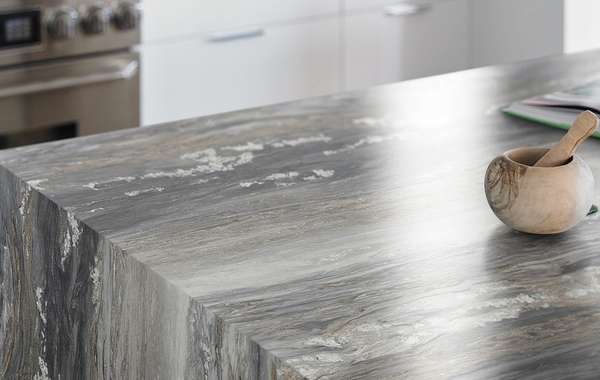
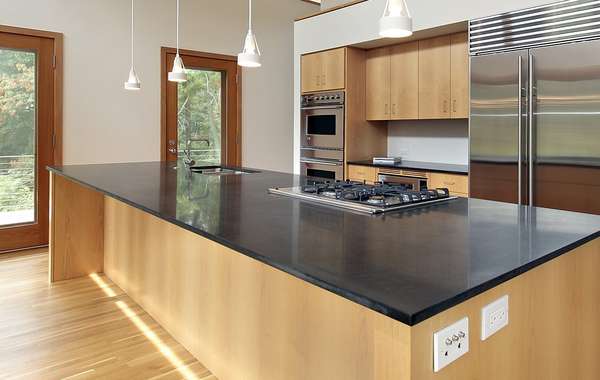
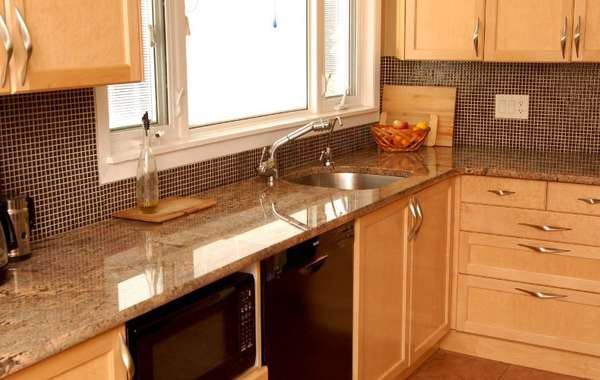
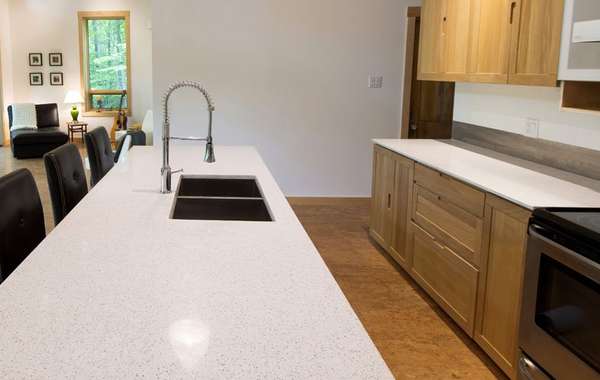
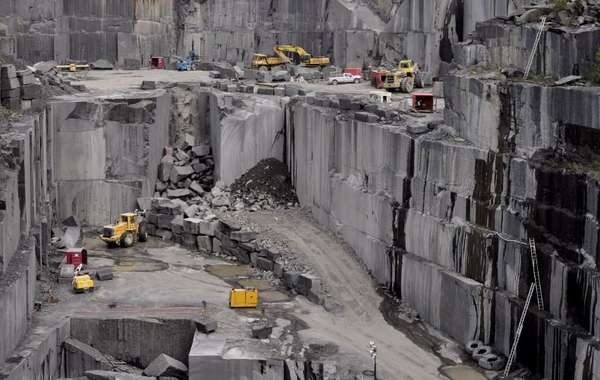
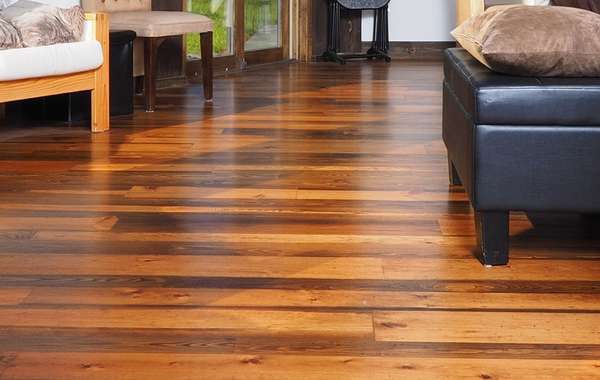
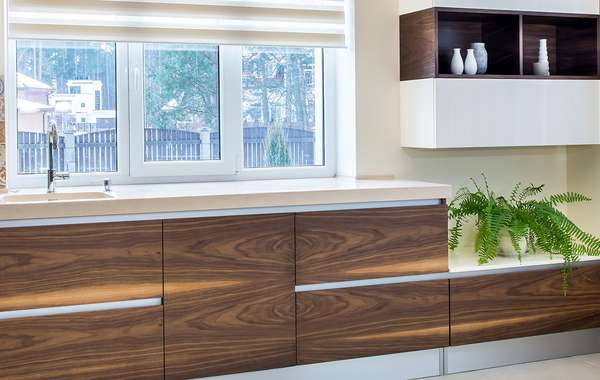
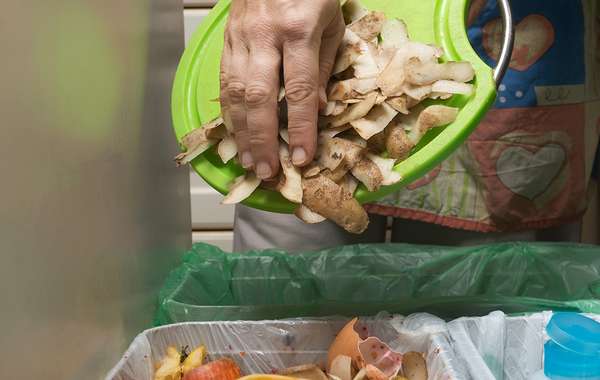
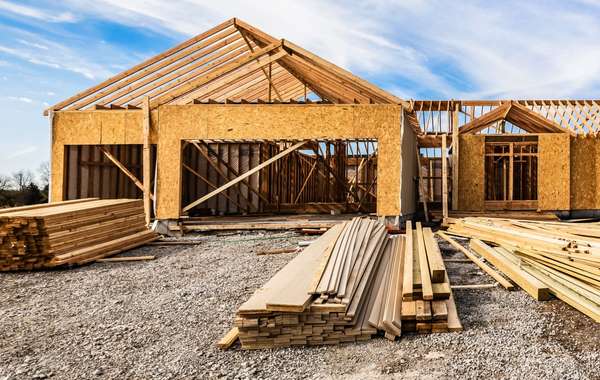
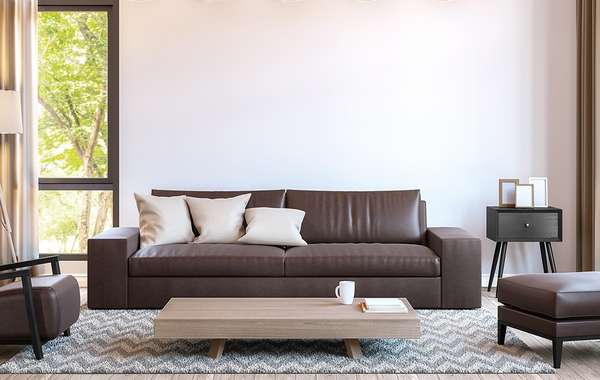
I have been looking at alternatives for butcher block countertop oils & was curious about the IKEA Behandla wood oil. I asked IKEA for the MSDS & VOC content. MSDS says that it is 15% Linseed Oil (does not specify what else is in there, but claims it is all non-toxic) and IKEA later emailed to say it has ~1% VOC.
How does that stack up against other products?
With the range of $2500-$6000 for quartz, it seems to me that it's a good deal. Other countertops would need periodic resealing and other maintenance while quartz only needs daily properly cleaning for its maintenance. I also read that when compared, quartz is cheaper than granite. But it all depends on many factors like location, delivery, and design.